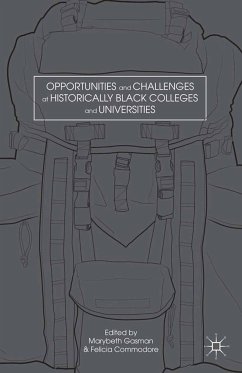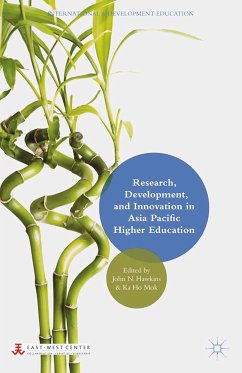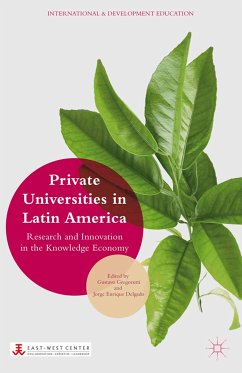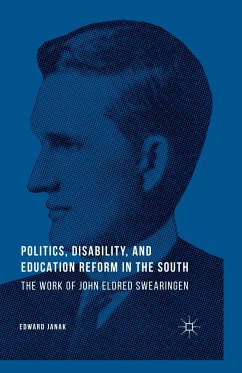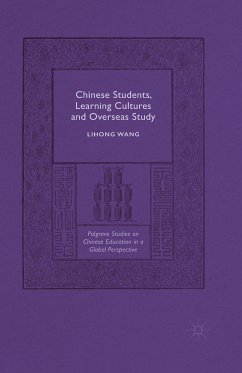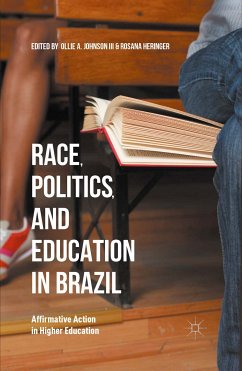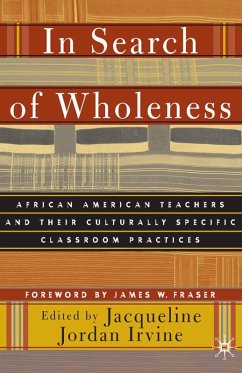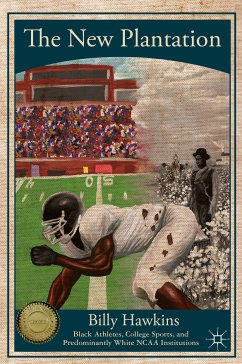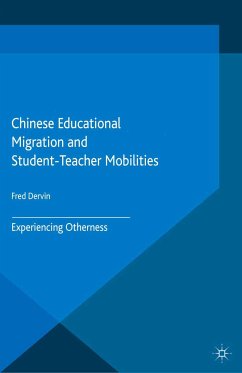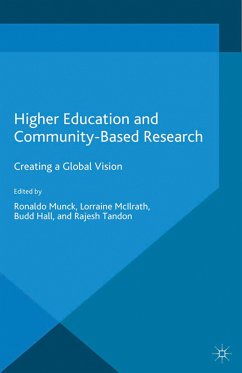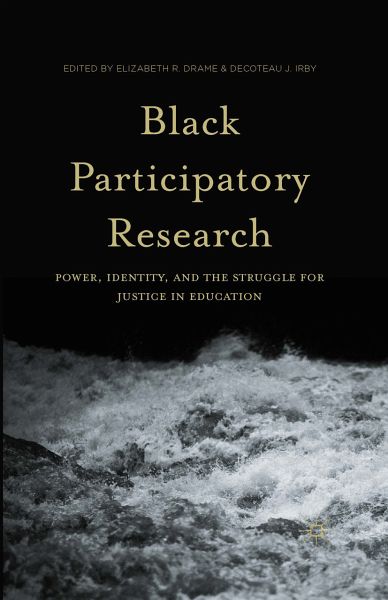
Black Participatory Research (eBook, PDF)
Power, Identity, and the Struggle for Justice in Education
Redaktion: Drame, Elizabeth R.; Irby, Decoteau J.
Versandkostenfrei!
Sofort per Download lieferbar
104,95 €
inkl. MwSt.
Weitere Ausgaben:

PAYBACK Punkte
52 °P sammeln!
Black Participatory Research explores research partnerships that disrupt inequality, create change, and empower racially marginalized communities. Through presenting a series of co-reflections from professional and community researchers in different locations, this book explores the conflicts and tensions that emerge when professional interests, class and socio-economic statuses, age, geography, and cultural and language differences emerge alongside racial identity as central ways of seeing and being ourselves. Through the investigations of black researchers who collaborated in participatory r...
Black Participatory Research explores research partnerships that disrupt inequality, create change, and empower racially marginalized communities. Through presenting a series of co-reflections from professional and community researchers in different locations, this book explores the conflicts and tensions that emerge when professional interests, class and socio-economic statuses, age, geography, and cultural and language differences emerge alongside racial identity as central ways of seeing and being ourselves. Through the investigations of black researchers who collaborated in participatory research projects in post-Katrina New Orleans, USA the greater Philadelphia-New Jersey-Delaware region in the northeastern USA, and Senegal, West Africa, this book offers candid reflections of how shared identity, experiences, and differences shape the nature and process of participatory research.
Dieser Download kann aus rechtlichen Gründen nur mit Rechnungsadresse in A, B, BG, CY, CZ, D, DK, EW, E, FIN, F, GR, HR, H, IRL, I, LT, L, LR, M, NL, PL, P, R, S, SLO, SK ausgeliefert werden.



